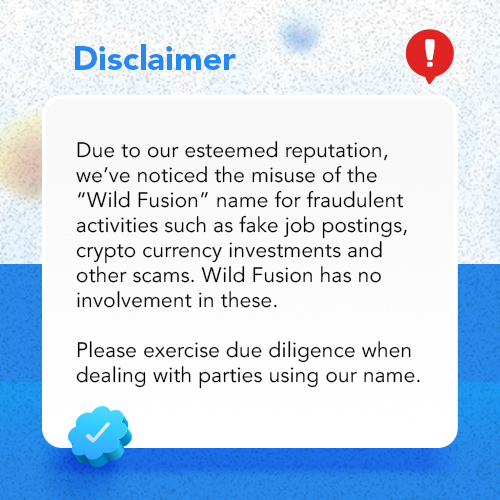You’re scrolling through Twitter. Everyone seems to be retweeting a thread. You notice a few familiar handles tweeting their thoughts on the thread. You like a couple of retweets and click on a few, hoping to find the original poster and read the entire thread. You claw your way through RTs upon RTs until…. “Ah, there it is!” you thought, just as soon as you find the original poster.
You settle in to read. You like all the tweets in the thread. It is something you are passionate about; growing depression rate in Nigeria.
You proceed to RT a few of them. You can relate. A guy on your street almost committed suicide just last week. You even go ahead to tweet a few words about depression.
Just then, you get a DM notification. It’s the poster @Ayo, the guy you just liked all his thread. Ha-ha, someone finally recognizes your coolness. You open the DM and soon, you are chatting away.
He is smooth, this one. You like his vibe. It says nice-to-talk-to and “cool”. His next question catches you off guard. You look at the text as lights from your screen illuminate your face. “So, what kind of guy do you like?”, it reads.
It’s a weird question, but you reply all the same. I’m your guy”, he replies. “Send me your digits”. Joker, you think. You exit the DMs back to the TL. Another notification. What’s he on about this time? That’s when you see it. It’s his nude. Shocked, you turn off your phone, hoping you can un-see what you just saw.
For many online users, this is a common occurrence; and many are both victims and perpetrators.
Then comes sareytales.com with “Return to Sender” UDP campaign. Everyone knows Return to Sender. Usually associated with postage, return to sender happens when a mail gets returned to original poster after getting sent to the wrong address or when the mail address no longer exists. Nigerians call it back-to-sender, thanks to the various religious corridors in the country. Oh wait, wasn’t there a #keepthechange trend sometime back? What sareytales.com is doing is somewhat similar, returning unwanted pieces back to original owners.
Sareytales.com is changing the meaning of this familiar postal term; using it to illuminate a rising online trend – unsolicited nudes. Many online users have come to accept this (nude-sending) behavior as normal even though for receivers who didn’t ask for it, the pictures are “very uncomfortable” and “an assault”.
Let’s go back to Return to Sender. What if you could return unsolicited private pictures to sender sculpted in life form and delivered right to their front door?
This is exactly what sareytales.com did when she started the UDP campaign. With Return to Sender, men who sent UDPs (Unsolicited D*** Pictures) got their own pictures sent back to them as life-sized packages on their front door. Curating these online UDPs and making them into life-sized sculptures is sareytales.com way of helping perpetrators see how distressing their seemingly innocent online actions are.
The sculptures scream “invasion of space, emotional distress, eye-phone violation” by slightly flipping the narrative. The idea is to let the perpetrators get first-hand experience of how their pictures result and form part of cyber bullying and assault culture to women who received them. This stylish mirror reflection says hey-that’s-me quickly followed by a perplexed realization – “That’s what I did?”
Genius, right?
Now let’s take a look at the implications. Sareytales.com took a rampant online culture and flipped it in a stopping reality check for perpetrators.
This idea is genius, yet simple. It is behavioral change. It’s shocking and striking in one swoop. It’s mirroring and getting people to say; “Oh shoot, that’s me!” and putting the uncomfortable habit forward without a word from victims – the power of art and creativity.
As creatives, the question that must always be asked is: what do I want my idea to do? And then, you find the most effective medium to attract your audience and a reaction.
The digital space is gradually becoming mainstream with family meetings moving online, school reunions on Facebook and slides going from playground to DMs. Oh, didn’t Bieber have a Skype wedding? As more and more people go digital, the road to solving social issues will demand simpler, more relatable and even familiar approaches.
Click to find the campaign http://www.sareytales.com/#/returntosender/
BY TAIWO ODUMALA






